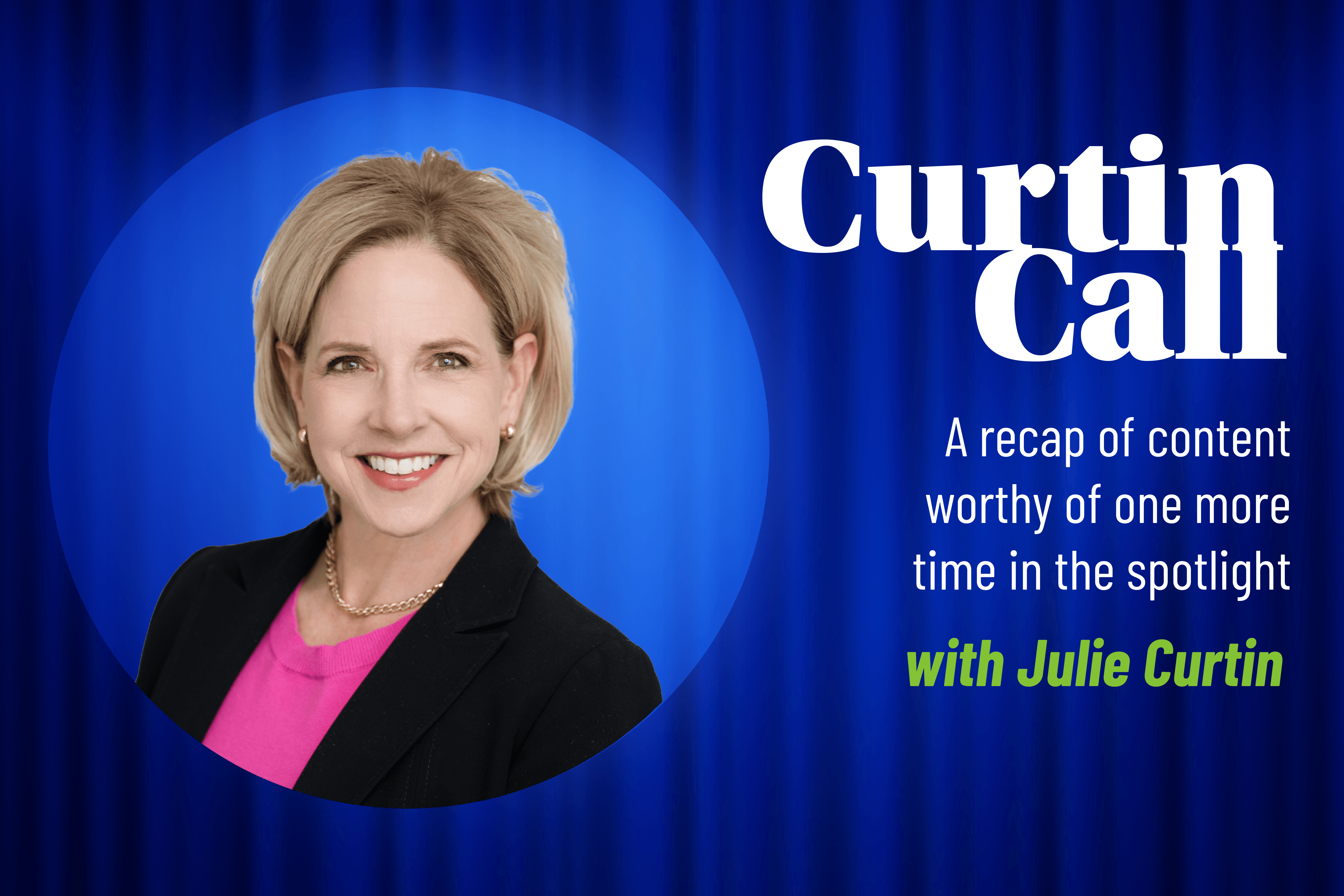Curtin Call: June 2025
July 01, 2025
As summer settles in, the stories shaping our communities are as vibrant and varied as ever. This month, we are reminded by Richard Florida in an article for The Financial Times that “strong families build strong cities, and strong cities will build a stronger nation.” We also look at the close tie between sports and economic development as cities leverage sports to build more sustainable and stronger economies.
From Vermont’s green soccer revolution to the economic pragmatism of multi-generational living, here are the headlines that caught my eye—and why they matter for place marketers and economic developers alike.
On Making American Cities Family-Friendly
A recent Financial Times article highlights a pressing demographic challenge: declining birth rates across America. Rather than treating this as an inevitable trend, the piece argues that cities must take the lead in reversing it by becoming more welcoming to families. That means prioritizing affordable housing, accessible childcare, safe public spaces and flexible work policies—essentials that make urban life viable and attractive for those raising children.
For economic developers, this presents both a challenge and an opportunity. Cities that invest in family-friendly infrastructure and policies won’t just support current residents; they’ll position themselves as magnets for the next generation of talent. In a competitive global landscape, making it easier to build a life and raise a family isn’t just a good policy; it’s a smart economic strategy.
On Vermont Soccer Playing for the Planet
In Burlington, Vermont, a semi-pro soccer team is redefining what it means to be a community anchor. Vermont Green FC isn’t just chasing goals on the field; they’re chasing carbon neutrality. With a mission rooted in climate justice, the club has become a rallying point for fans, local businesses and environmental advocates alike
For economic developers, this is a powerful case study in values-based placemaking. The team’s commitment to sustainability has attracted national attention, proving that even small-market sports franchises can drive tourism, civic pride, and green innovation. It’s a reminder that climate action and economic vitality aren’t mutually exclusive; they’re mutually reinforcing.
On Oklahoma City Betting Big on Basketball
In a recent Forbes interview, Oklahoma City Mayor David Holt explains the city’s decision to fund a new $900 million arena for the NBA’s Thunder. But it’s not all about basketball; it’s about intentionality, momentum and long-term economic strategy. The arena is part of a broader vision to keep the city vibrant, competitive, and culturally magnetic.
For place marketers, this is a masterclass in storytelling and civic branding. Oklahoma City is leveraging sports not just for entertainment, but as a catalyst for downtown revitalization, tourism, and resident pride. It’s a bold reminder that when cities invest in shared experiences, they’re investing in a sense of belonging.
On The Emotional Economics of Multigenerational Living
Michelle Singletary’s latest column in The Washington Post offers a deeply personal look at the growing trend of adult children moving back in with their parents. Far from being a sign of failure, these arrangements often reflect economic pragmatism, cultural values and a desire for deeper familial connection.
For place marketers, this trend invites a rethinking of housing, zoning and community design. How can we create spaces that support multigenerational living while maintaining affordability and autonomy? The answer may lie in more flexible housing stock, intergenerational amenities, and storytelling that normalizes these evolving family dynamics.
This month’s stories underscore a central truth: economic development is no longer just about numbers. It’s about values, vision, and the lived experiences of the people who call our communities home. Let’s keep building places that reflect not just where we are—but where we want to go.
